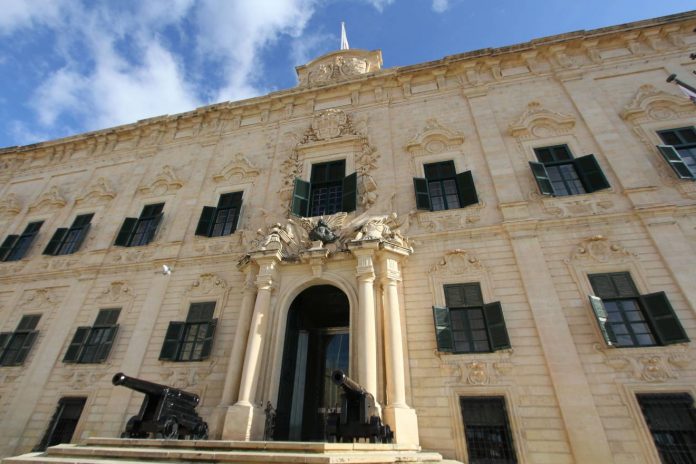A Government bill to strengthen the Environment Protection Act, introducing increased participation by the public and eNGOs and more transparency and efficiency in environmental decisions, was approved by Parliament.
Minister for the Environment, Energy and Enterprise Miriam Dalli, who presented the bill in May, expressed her determination to ensure that these amendments are effectively implemented in the coming months. “These amendments are strengthening the Environment and Resources Authority, as we make another step forward in the collective effort for a more sustainable environment in Malta and Gozo.”
“These amendments are consolidating the Environment and Resources Authority’s environment protection decisions and actions. We are giving everyone, including eNGOs, an opportunity to participate in the Authority’s environmental decisions, while ensuring that persons affected by these decisions have better access to justice. We want everyone to contribute to a better environment, not only through one’s actions and choices at home, at school and at work, but also by actively contributing to important environmental decisions. Ultimately, we must all do our part to protect our environment,” the Minister said.
Through the approved amendments, more ERA Board meetings will be open to the public, in addition to meetings on Environment Impact Assessments and Industrial Emissions Directive permits. The new legislation will allow for public and eNGO participation in other ERA Board decisions. This will increase transparency and accountability in these decisions.
The Government bill will also empower ERA to issue emergency orders whereby it will be able to take direct action to remediate irregularities causing imminent threats to the environment, without waiting 15 days before invoking such direct action, as specified by current legislation.
The amendments to the Environment Protection Act will also introduce an Environment Commission led by a member of the ERA Board and including the participation of a representative of local environmental NGOs. The ERA Board will have the power to delegate some of its decisions to the Commission, to increase its efficiency and facilitate quicker decisions on certain applications, such as petitions on administrative fines. The new legislation will also introduce established procedures for the ERA Board and the new Commission










